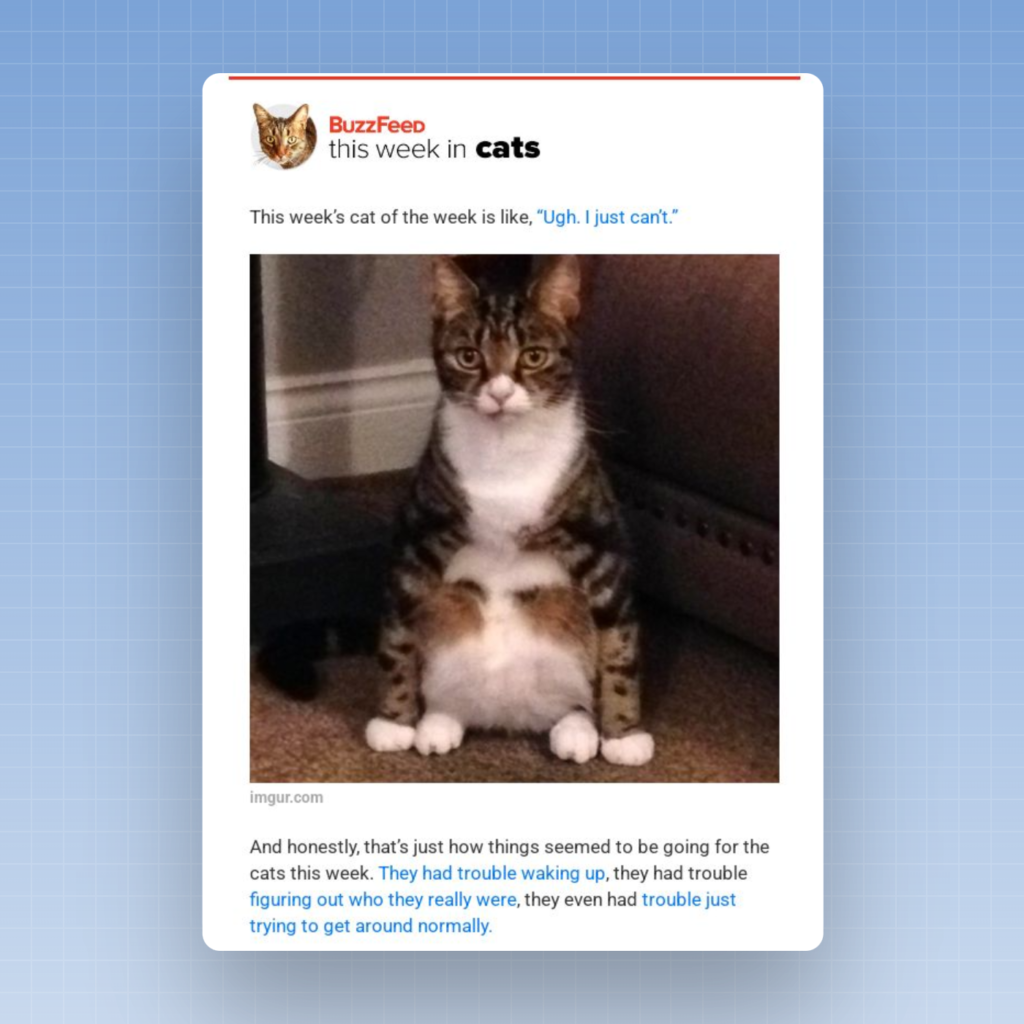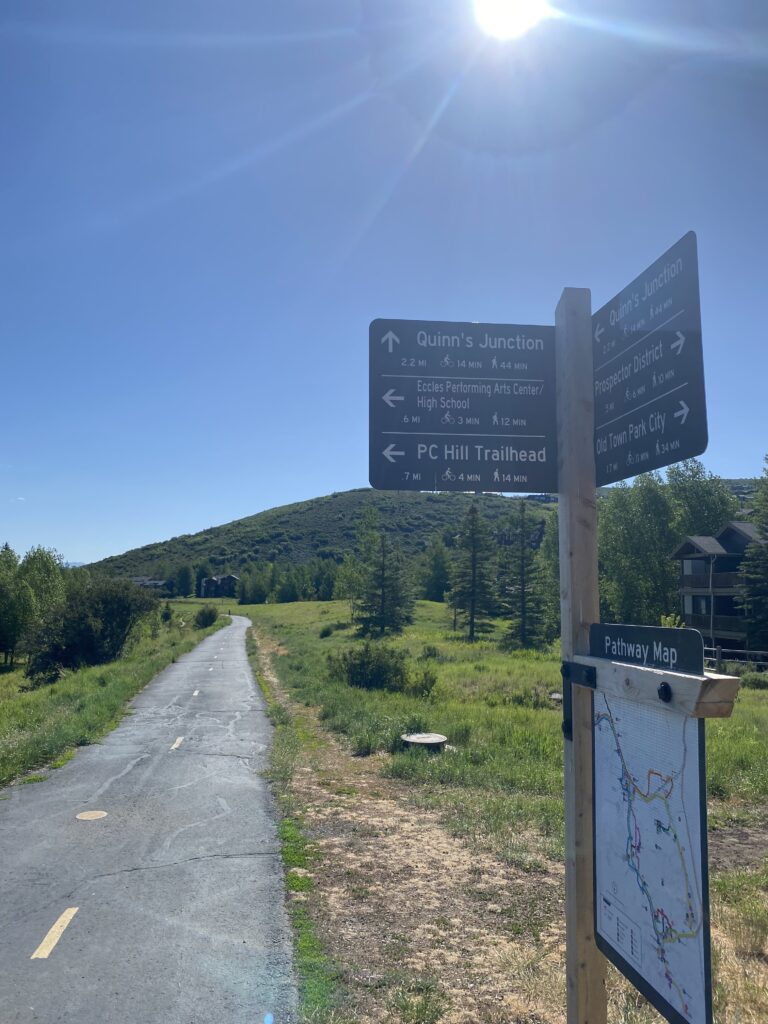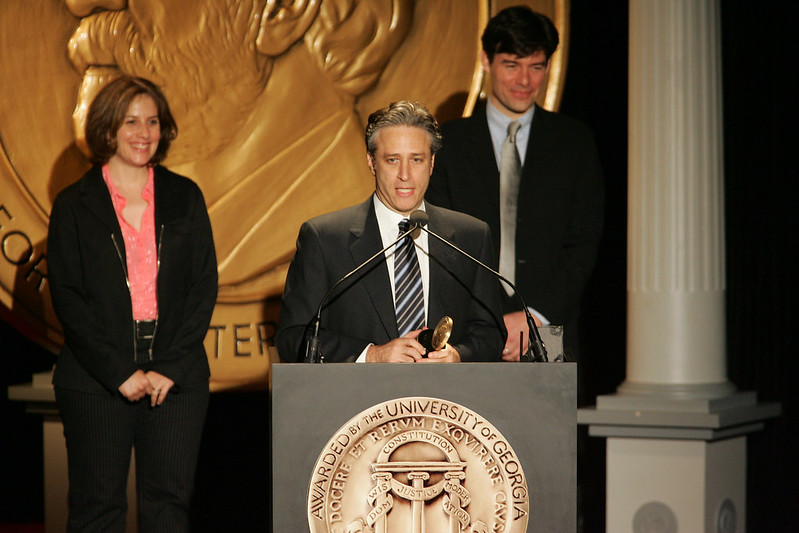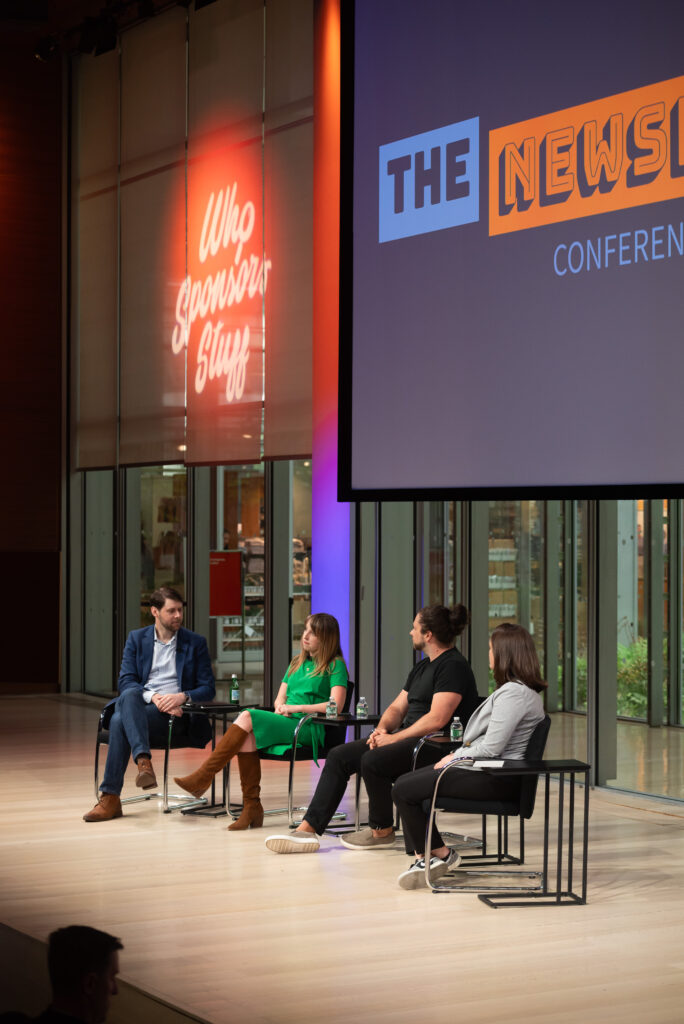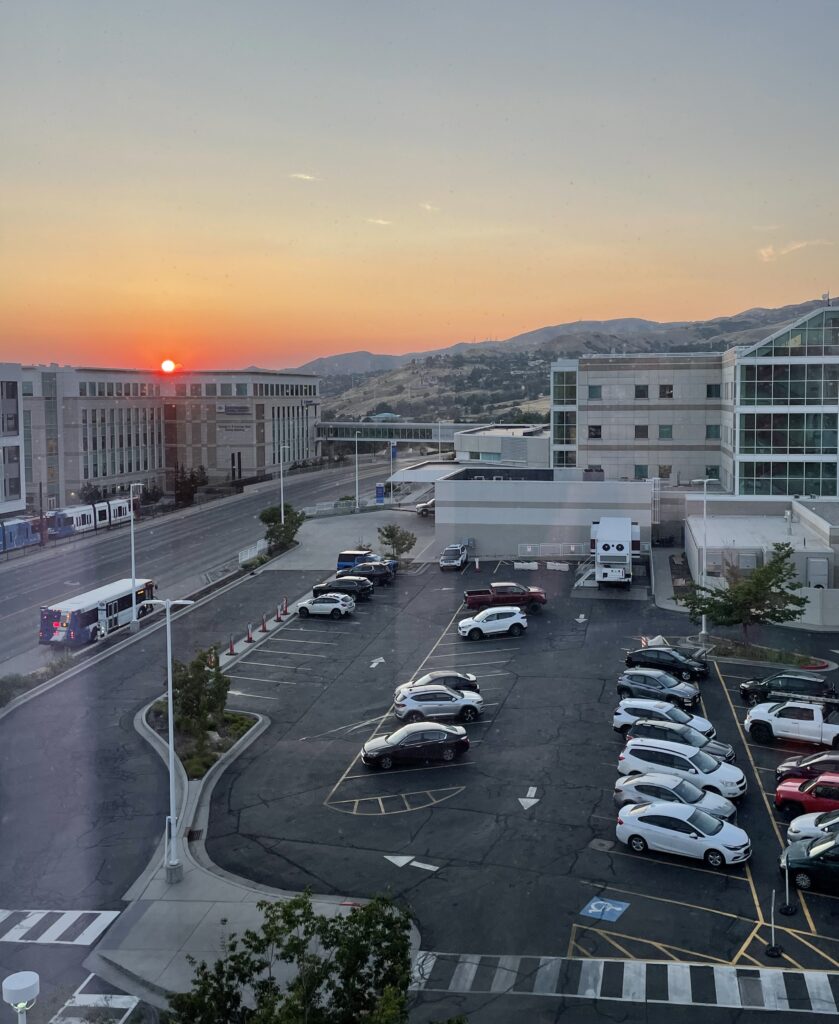
I screwed something up today.
My son had an important doctor’s appointment today in Salt Lake City. It was an appointment with a specialist who’s tough to get time with. We booked the appointment a few months ago.
And today, I showed up to the appointment — and found out I was two hours late. We’d put the wrong time on the calendar, and the next available appointment isn’t for a few more months.
I wanted to scream, cry, and crawl under a rock. (Ideally, all three at the same time.)
But anytime something like this happens, I try to figure out a plan to make sure it doesn’t happen again.
So for big appointments like this, I’m putting a few new rules in place. I’ll double-check the appointment time against texts or emails the doctor’s office might send. If they don’t send that, I’ll call the office directly to confirm the time. And you better believe that for something like this that requires a drive, I’ll be checking Google Maps the night before to make sure I get to the appointment on time.
Mistakes happen, and that’s OK. But if you do make a mistake, figure out the processes you can put in place to prevent them — as best you can — going forward.
———
That’s a photo of the sunset over the hospital down in Salt Lake, with the mountains in the background. Honestly, it might have the prettiest view of any hospital I’ve ever seen.



